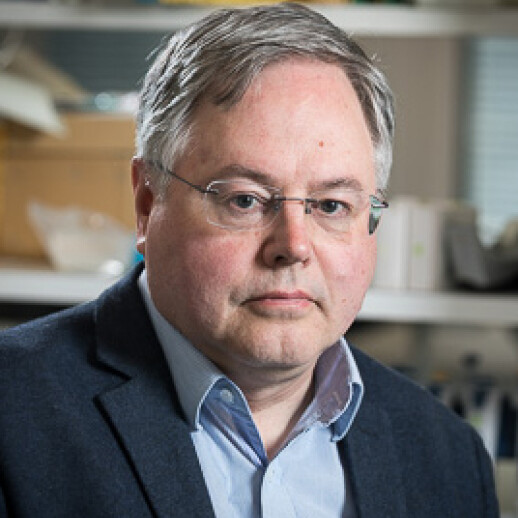Interaction of Cells with Extracellular Matrix
Integrins are adhesion receptors that connect a cell to the extracellular matrix (ECM). Integrins play a crucial role in cell growth, development, motility, defense mechanisms, and apoptosis. The ECM consists of collagens and other structural macromolecules. We have focused our research on the regulation of ECM composition, particularly in cancer and adhesion receptor function. We also elucidate the biology of a little-known receptor called embigin. In addition to structural and cell biological methods, we use mass spectrometric analyzes and proteomics in our research.
The integrin family members are receptors for various extracellular matrix (ECM) proteins, including collagens, laminins and fibronectin. Our long time interest has been in the four collagen receptor integrins. More recently we have initiated a research project focused on a transmembrane protein that belongs to the immunoglobulin superfamily, namely embigin. Embigin is also involved in the regulation of cell adhesion, but very little is known about its biology and physiology. ECM and cell adhesion receptors participate in the regulation of all cellular functions. In cancer biology the interactions between malignant cells and tumour stroma are crucial for disease progression. Post-translational modifications, both extracellularly and intracellularly generated, in ECM proteins may significantly affect these interactions.
We are using mass spectrometry and proteomics to unveil the composition of extracellular matrix (ECM) in human malignant tumours and in spheroid-type cell culture models. Our aim is to study the interaction between malignant cells and cancer associated fibroblasts in the production and modification of ECM. Furthermore, we study the role of adhesion receptors in the cell–ECM interaction in tumours. Recently, our main interest has been in human cutaneous squamous cell carcinoma, human acute myeloid leukemia and human prostate adenocarcinoma. To study these issues we have established several national (most importantly University of Oulu and Åbo Akademi University) and international (e.g. United Kingdom, Belgium) collaborations. In our experiment series we also use modern methods of molecular cell biology, structural biology and bioimaging. In a separate project we have developed an unique software for quantitative bioimaging (BioImageXD).
In our earlier papers we have unveiled many novel mechanisms in the structure, function and physiology of the collagen receptor integrins. We have also developed small molecule inhibitors for these receptors and shown their efficacy in animal models. Most recently we have published the composition of extracellular matrix (ECM) in human prostate cancer and shown the important role of integrins in the maintenance of the stem cell like phenotype. We have also shown how post-translational modifications, such as prolyl hydroxylation and citrullination of arginine residues, in ECM proteins may affect the function of these proteins. Our observations help to understand the molecular mechanisms behind disease processes and promote the development of novel diagnostic methods and therapies.




